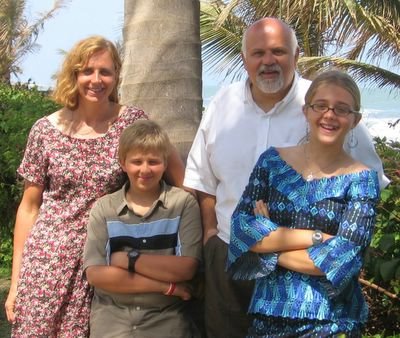Drowning: 12
Bacterial meningitis: 2
Undiagnosed illness: 4
HIV- related illness: 2
Gunshot 3
Domestic Violence 1
Pedestrian hit by car 3
Snake bite 2
Carbon monoxide poisoning 2
Update October 15: Add two more deaths. Last week, a young boy drowned on Thinkers Village Beach, and the wife of a pastor friend died of cerebral malaria.
The average age of the above list is around 30. Some, of course, are beyond the scope of even the most modern medicine to treat. Yet most could have been prevented.
Medical facilities here are still operating without proper equipment and enough trained staff. Our medical friends are real heroes, working with enormous pressures. But still, too many times patients are routinely diagnosed with malaria without looking further, given antibiotics, and sent home. In the two cases of meningitis, the symptoms were missed, so the patient was sent home and died. Liberians often go to Chinese herbalist hacks that have sprung up around Monrovia. Theses parasites charge high fees for simple teas and over-the-counter remedies that do nothing for the truly sick. In addition, Liberians often seek traditional “bush” healers who often hasten death with unsanitary procedures or unsound practices. Good friends of mine have died in this country when they shouldn’t have. Or at least, they probably wouldn’t have, if only they had access to the kind of heath care so many in the West do.
.
When I was having suspicious symptoms in Nigeria, after being given the best care anyone could expect there, I was flown out in a private jet to Europe and given a battery of the most sophisticated tests the world offers to determine I was suffering from headaches. When my Liberian friends have been sick, I have watched them suffer, get misdiagnosed at the local hospital, released with a standard “placebo pack” of vitamins and antibiotics, get worse, desperately turn to charlatans who take their money in return for false hope, get sicker and too often die as family and loved ones look on helplessly. There is something terribly wrong with this picture. But the pictures are everywhere. Here are a few of them-- friends gone.

My dear friend, Samuel Reeves Sr. Died from bacterial meningitis-- treatable if caught. It wasn't. Deacon Reeves is the oldest of all we knew who died-- mid sixties.

One of LEAD's businessmen. Saye died suddenly in his early fifties.
 Henry and his wife Mary. They ran an poor orphanage until we helped them find homes and better facilities for their orphans. He died in April 2006 after a short bout with a mysterious, undiagnosed illness. She died three months later of some sort of liver disease, in the hospital. They left four children behind-- suddenly orphans themselves.
Henry and his wife Mary. They ran an poor orphanage until we helped them find homes and better facilities for their orphans. He died in April 2006 after a short bout with a mysterious, undiagnosed illness. She died three months later of some sort of liver disease, in the hospital. They left four children behind-- suddenly orphans themselves. A little boy, Otiera, who lived next door to us. He drowned in a lagoon just off the ocean.
A little boy, Otiera, who lived next door to us. He drowned in a lagoon just off the ocean. 

































